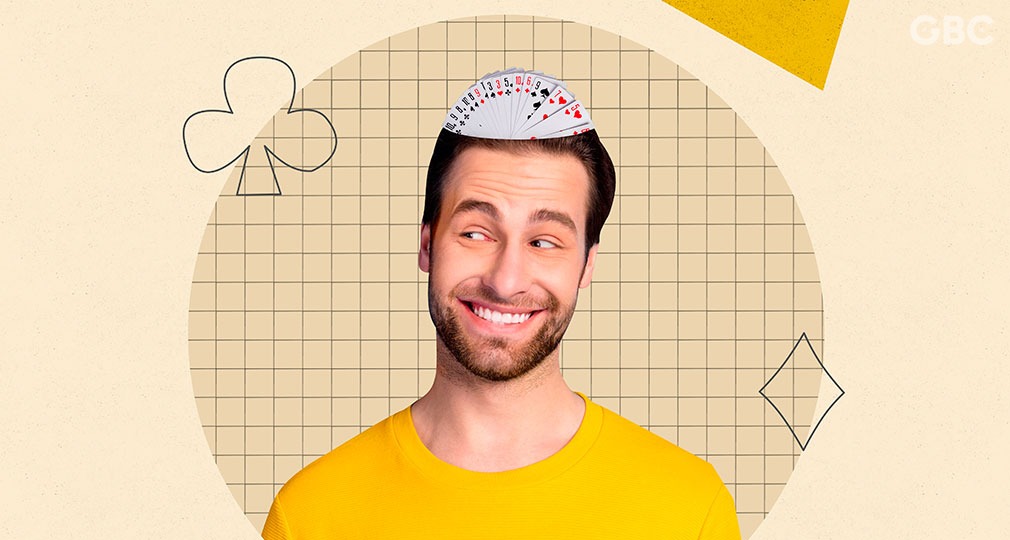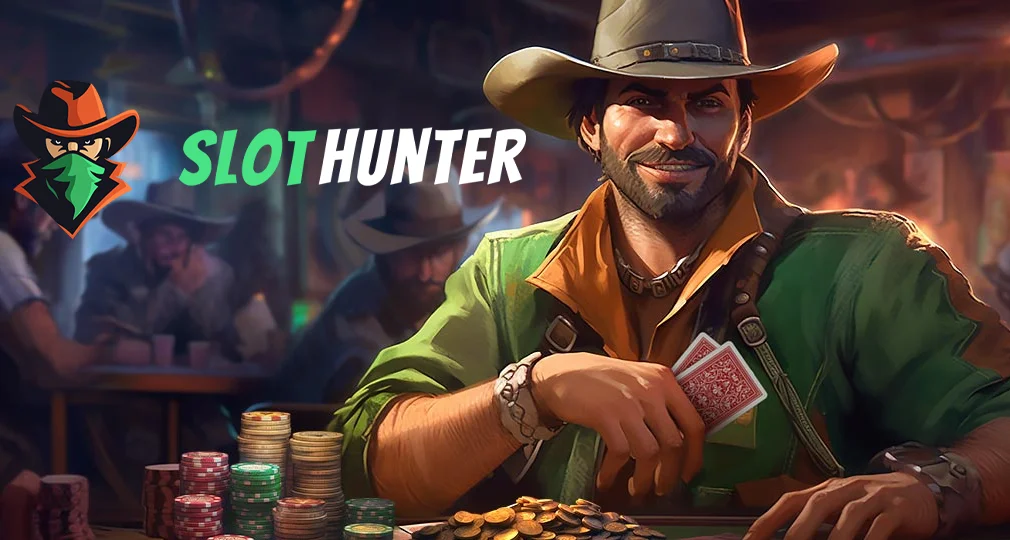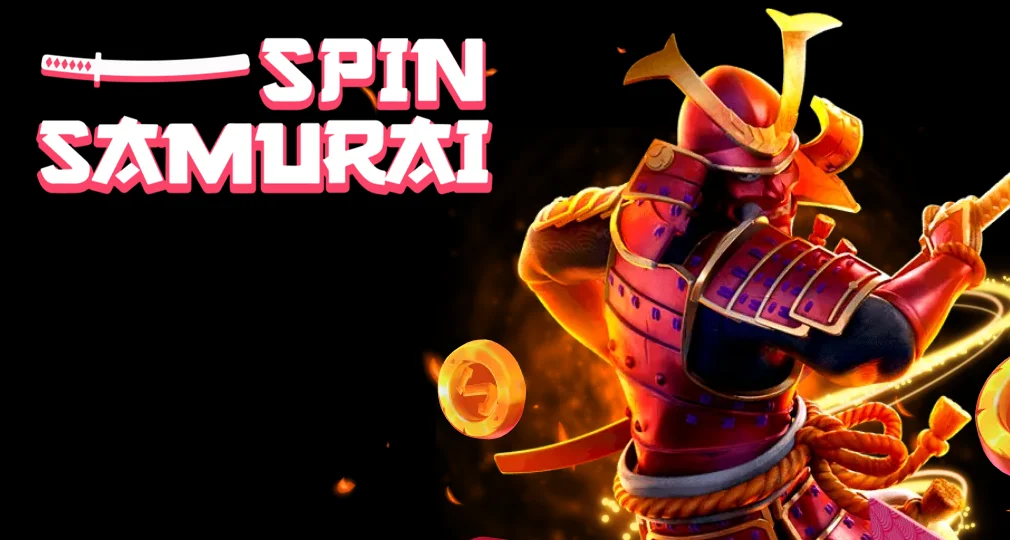Making strategic decisions is the cornerstone of success in the corporate world. Every decision, action, and negotiation has the potential to tilt the balance between success and failure. What if, however, we told you that there is a setting where making critical decisions under pressure is elevated to the level of a mental sport as well as being refined to a fine art? Greetings from the fascinating world of poker.
We explore poker as a mind sport, providing a gripping investigation of the science underlying high-stakes decision-making. We want to shed light on the tactics, psychology and thought processes used by poker players.
Understanding Poker as a Mind Sport
The decision to recognize poker as a mental sport was reached in 2010 by the International Mental Sports Association during its congress, which was held in Dubai, United Arab Emirates. It is seen as a sport, much like bridge or chess.
The process of recognition was handled by the International Poker Federation, which is led by the author and poker aficionado Anthony Holden.
“Over time, this should help to free poker from much governmental interference and other such unnecessary restrictions all over the world,” Anthony remarked following the landmark judgment.
Poker’s evolution from a casual pastime to a mind sport is remarkable. It has moved beyond the poker table and entered the world of competitive sports, with players demonstrating exceptional cognitive abilities. This transformation is not only a testament to the game’s complexity but also a reflection of society’s growing recognition of the intellectual challenges it presents.
The Psychology of Poker
Psychological Aspects of Poker Gameplay
- Bluffing and Deception: Bluffing is one of the most iconic aspects of poker. Players use deception to manipulate their opponents, making them believe they have a stronger or weaker hand than they do. The ability to bluff effectively requires a deep understanding of psychology, including reading opponents, spotting their tendencies, and calculating the right time to execute a successful bluff.
- Emotional Control and Resilience: Maintaining emotional composure in the face of wins and losses is critical. Emotions can cloud judgment, leading to costly mistakes. Professional players need to develop emotional resilience to endure the highs and lows of the game without making impulsive decisions.
- Reading Opponents and Body Language: Observing opponents and decoding their body language, facial expressions, and verbal cues can provide valuable insights. Being able to detect signs of nervousness, confidence, or deceit in others can help players make more informed decisions.

The Role of Psychology in Decision-Making
- Cognitive Biases and Their Impact on Poker Decisions: Cognitive biases, such as confirmation bias and overconfidence, can influence decision-making in poker. Heuristics, or mental shortcuts, are frequently used by players and can result in less-than-ideal decisions. For more effective decision-making, it is essential to be aware of and combat certain biases.
- Risk Perception and Risk-Taking Behavior: The perception of risk varies from player to player. Some are risk-averse, while others are risk-seeking. Understanding one’s own risk perception and that of opponents can be a strategic advantage. It’s not just about the cards; it’s about the willingness to take calculated risks.
- Loss Aversion and Its Implications in Poker: Loss aversion, the tendency to weigh losses more heavily than gains, can lead to conservative play when players should be aggressive and vice versa. Overcoming loss aversion and making decisions based on expected value rather than fear of loss is a skill that distinguishes top poker players.
Skill and Strategy
The Importance of Skill in Poker
There are many different poker varieties, and each has its own specific rules and tactics. Learning these variations, from Razz to Seven-Card Stud, Texas Hold’em to Omaha, is essential. Understanding the regulations enables players to successfully adjust to various games and opponents.
You also have to remember that poker is a game of probabilities and mathematics. Skilled players use statistical analysis to assess the odds of drawing specific hands, calculating pot odds, and making informed decisions. This mathematical acumen is a cornerstone of successful play.
With that in mind, learn how to calculate probabilities to make your strategy work for you. Players must gauge the likelihood of hitting a needed card or the chances of their opponents holding certain hands. This skill helps players make well-informed betting and folding decisions.
Strategies in Poker
| Style | Description |
| Aggressive vs. Passive | Players have to choose between taking an aggressive or quiet stance. Actively betting and raising their bets, aggressive players exert pressure on their opponents. Players who are passive are more circumspect, regularly checking and calling. The decision between these playstyles depends on the player’s preferences and the game’s dynamics. |
| Adaptability and Adjusting to Different Opponents | Poker players that are successful are skilled at analyzing their opponents and changing their strategy appropriately. They are able to take advantage of others’ flaws and avoid traps since they are aware of others’ patterns and playing styles. |
| Game Theory and Its Relevance in Poker | Game theory, particularly as applied to poker, explores optimal strategies in competitive situations. Understanding game theory concepts like Nash equilibrium and mixed strategies can give players a profound advantage in strategic decision-making. |
High-Stakes Decision Making

Poker is a mind sport that is unique in the way it places a magnifying glass on the art of decision-making, especially in high-stakes environments. Here we explore the aspects of high-stakes decision-making in the world of poker.
Decision-Making Under Uncertainty
- The Role of Intuition and Gut Feeling: High-stakes poker often forces players to make decisions in situations where incomplete information prevails. In such scenarios, players must rely on their intuition and gut feeling. Trusting one’s instincts, honed through experience and practice, can lead to remarkable victories.
- Balancing Risk and Reward: Making decisions with a high degree of risk and reward requires careful balancing. The prospective advantages and losses must be compared by players. It might be difficult to know when to be aggressive and when to be cautious. Games with high stakes might call for risky bluffs or deft folding under intense pressure.
- Time Constraints and Their Impact on Decision Quality: In the world of high-stakes poker, decisions often need to be made swiftly. The ticking clock can add an extra layer of complexity to the decision-making process. Players must analyze the situation, read their opponents, and decide in a matter of seconds, making time management a crucial aspect of play.
The Neuroscience of Poker
Beyond the visible aspects of poker, there exists a world of neural intricacies that govern the decision-making process and emotional responses of players. Understanding the neuroscience of poker can help us better understand how the brain functions under pressure and how it adjusts to the difficulties given by this mental sport.
Brain Regions Involved in Poker Decision Making
- Prefrontal Cortex: The prefrontal cortex is a crucial player in poker decision-making. This area of the brain is responsible for complex cognitive functions, such as strategic planning, decision analysis, and emotional control. In poker, it’s where players analyze risks, make strategic choices, and regulate their emotional responses.
- Amygdala: The amygdala plays a significant role in emotional processing and the fight-or-flight response. In poker, the amygdala is involved in the emotional rollercoaster of the game, including the rush of a big win or the anxiety of a substantial loss.
- Nucleus Accumbens: The nucleus accumbens is linked to the brain’s reward system. In poker, this region activates when players experience the thrill of victory and receive a dopamine rush, which reinforces their motivation to continue playing.

The Influence of Dopamine and Reward Mechanisms
Dopamine, a neurotransmitter linked to feelings of pleasure and reward, takes center stage in the world of poker. Winning a hand or outsmarting an opponent triggers the brain’s reward system, releasing dopamine and generating feelings of satisfaction and pleasure. This neurological reinforcement can influence players’ future decisions and drive their pursuit of further wins.
Neural Adaptations in Professional Poker Players
Studies have shown that professional poker players exhibit unique neural adaptations due to their extensive experience with the game. Their brains become more adept at processing complex information quickly, leading to more efficient decision-making. These adaptations are not limited to the prefrontal cortex but can involve other regions responsible for memory, pattern recognition, and emotional regulation.
The Potential for Poker to Enhance Cognitive Skills
Poker, frequently seen as a skill-based game, holds the promise of enhancing a range of cognitive functions. Consistent involvement in poker cultivate abilities like critical thinking, evaluating risks, and the capacity to observe and anticipate human behavior. Although poker may not fit the mold of traditional cognitive training, it presents a distinctive chance to refine these skills within a real-world, high-pressure environment.
Training and Improvement
Mastery in poker is an ongoing journey, and the world’s best players understand that success is not solely based on luck. It’s about consistent training, skill development, and the continuous quest for improvement. In this section, we explore the various facets of training and how players can elevate their poker game to the highest levels.
Tools and Resources for Poker Players to Enhance Their Skills

Books and Educational Materials
Poker literature is an invaluable resource for players of all levels. Authors like David Sklansky, Doyle Brunson, and Dan Harrington have penned seminal works that cover a wide spectrum of poker theory and strategy. From the fundamentals of hand rankings to advanced concepts like game theory, these materials offer a wealth of knowledge that can transform a casual player into a serious contender. Online forums and websites also host a trove of articles, videos, and community discussions on poker strategy, keeping players abreast of the latest trends and techniques.
Coaching and Mentorship
For those committed to improving their game, working with a poker coach or mentor can be transformative. A skilled coach can provide personalized guidance, dissecting a player’s style, tendencies, and decision-making. Through one-on-one sessions, players can gain deeper insights into their strengths and weaknesses, learning how to adapt and evolve strategically. Many professional players themselves offer coaching services, imparting their years of experience to help aspiring players navigate the intricate world of poker.
Training Software and Simulations
Advanced training software and poker simulations have become indispensable tools for players who seek to hone their skills without the risk of financial loss. These programs allow players to practice against computer-generated opponents or simulate real-world scenarios. They offer statistical analyses, track performance metrics, and offer feedback on areas that need improvement. Popular options like PokerTracker and Hold’em Manager assist players in reviewing their hand histories and identifying trends, while virtual reality poker rooms provide an immersive training environment.
Psychological and Mental Training for Poker Players

Emotional Control
The game’s volatile nature, with its ups and downs, can be emotionally taxing. The ability to maintain composure after a significant loss or a substantial win is a crucial aspect of long-term success. Players often engage in mindfulness and meditation practices to remain centered, allowing them to make rational decisions and avoid tilting when things don’t go their way.
Mental Toughness
Building mental toughness is vital for thriving in the intense environment of high-stakes poker. This entails developing a strong mindset that can endure pressure and adversity. Mental toughness training involves techniques such as visualization, positive self-talk, and cognitive reframing to stay focused, confident, and resilient, especially in challenging situations.
Bankroll Management
Mental training also extends to the financial aspect of the game. Effective bankroll management is crucial for maintaining emotional stability. Players use specialized tactics to avoid putting themselves in stressful financial circumstances. By setting limits and understanding their own risk tolerance, they can mitigate the emotional turmoil that often accompanies significant losses.
Conclusion
In the intricate world of poker, science, and strategy converge to unveil the true nature of this true mind sport. Beyond the cards, poker challenges us to understand the psychology of deception, emotional control, and risk assessment. It’s a game of skill, strategy, and calculated decisions, driven by the brain’s complex neural pathways.
High-stakes poker serves as an excellent illustration of how psychology, neurology, and decision-making under uncertainty interact dynamically. Both technical expertise and mental toughness are necessary for success in this field. The available tools, resources, and training techniques enable athletes to improve their skills, and the significance of emotional fortitude acts as a crucial success factor.
Poker transcends mere card play; it is a mental sport that mirrors the complexities of human cognition and behavior, beckoning us to delve deep into the realm of the mind in our quest for triumph.













